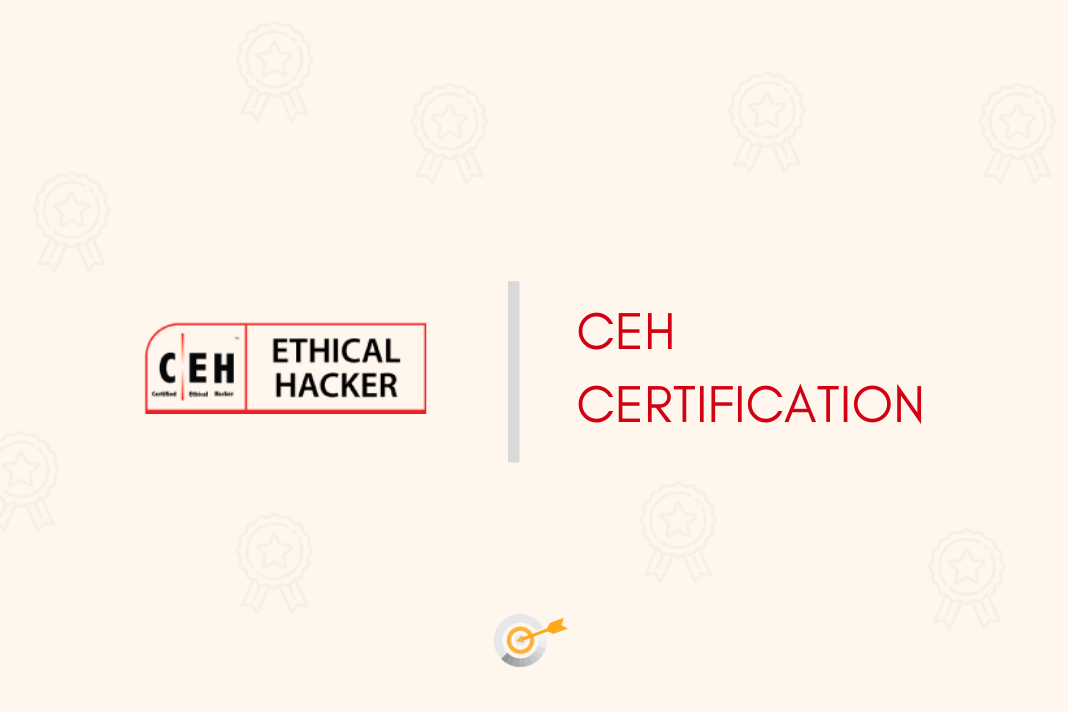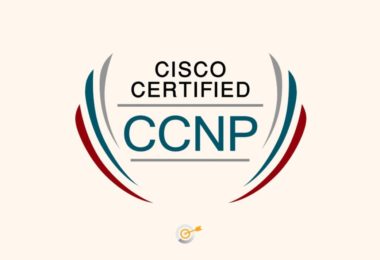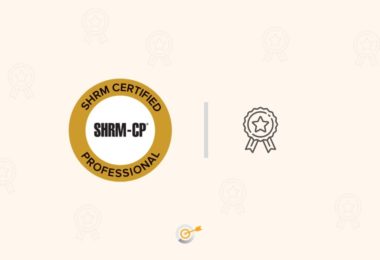
Overview of the Certification
The Certified Ethical Hacker (CEH) program that EC Council offers is one of the most comprehensive courses on ethical hacking anywhere in the world. EC Council offers certifications that are recognized by the Department of Defence with the United States Government. This certification is in line with the standards expected of the other certifications. C|EH offers information security professionals a good grasp of the fundamentals of ethical hacking. The expected outcome is a professional capable of inspecting network infrastructures to identify security vulnerabilities that any other hacker could exploit.
This course equips professionals with the required knowledge and tools to assess an enterprise’s information security by plugging the vulnerabilities in the network and system infrastructure, with the owner’s consent, to prevent unauthorized access. According to EC Council, the CEH is the first of a series of 3 comprehensive courses (CEH, ECSA, and the APT course) that help cybersecurity professionals master penetration testing.
The CEH credential certifies individuals in the specific network security discipline of Ethical Hacking from a vendor-neutral perspective. The infrastructure security of any enterprise is not limited to the silos of vendors or technologies. This course teaches the five phases of ethical hacking and how to succeed in preventing unauthorized access
- Reconnaissance
- Gaining Access
- Enumeration
- Maintaining Access
- Covering your tracks.
| Also Read: How to Get a Certified Ethical Hacker Job |
What is the Purpose of the CEH Certification?
The purpose of this certification is to
- Create a standard for professional information security experts so that the services that enterprises require are adequately met
- Provide the quality of services so that ethical hacking thrives as a self-regulating and self-sustaining profession
- Equip professionals with the required knowledge to adapt to the dynamic world of malicious hacking. This course aims to create preventive, corrective, and protective countermeasures before an actual compromise occurs.
Is this Course Right for You?
This course is meant for information security professionals who maintain network infrastructure security by examining potential vulnerabilities in the system. These professionals use the tools that any other malicious hacker would. The only difference is that ethical hackers have the resources, the backing, and the consent of the enterprise behind them.
The fact that the enterprise grants consent is what makes ethical hacking a lawful and legitimate version of what other hackers do. This certification is meant for information security officers, auditors, security professionals, site administrators, and any professionals who maintain the integrity of enterprise information infrastructure and network.
The course has about 140 labs, each mimicking real-time scenarios as if there’s a live threat. This course aims to provide mastery over ethical hacking methodology, whether it is penetration testing or any other ethical hacking situation.
Modules in the New CEH v10
According to EC Council, the modules involved in the new CEH 10 exam 312-50 are
- Module 01: Introduction to Ethical Hacking
- Module 02: Footprinting and Reconnaissance
- Module 03: Scanning Networks
- Module 04: Enumeration
- Module 05: Vulnerability Analysis
- Module 06: System Hacking
- Module 07: Malware Threats
- Module 08: Sniffing
- Module 09: Social Engineering
- Module 10: Denial-of-Service
- Module 11: Session Hijacking
- Module 12: Evading IDS, Firewalls, and Honeypots
- Module 13: Hacking Web Servers
- Module 14: Hacking Web Applications
- Module 15: SQL Injection
- Module 16: Hacking Wireless Networks
- Module 17: Hacking Mobile Platforms
- Module 18: IoT Hacking
- Module 19: Cloud Computing
- Module 20: Cryptography
About the Exam
EC Council exams aim at maintaining the high integrity and quality that their certifications promise. The exams are provided in different ‘question banks.’ Each of these ‘banks’ is tested on appropriate control groups under the supervision of various subject-matter experts. These SMEs ensure that the exam maintains high standards and academic rigor so that the real-world applicability of these certifications remains high.
The rating obtained by any individual contributes an overall score for that ‘bank’ or form. This serves as a cut-off score. The cut-off scores are determined for each exam form separately to ensure consistency in assessment standards and fairness to the aspirants. This means that there is no blanket pass percentage for the exam. The band of cut-off percentage, depending on the form, is between 60% and 85%
The candidates should answer 125 questions within a four-hour time window. The questions have multiple choices for candidates to pick for the correct answer. The test delivery can happen through the ECC exam learning portal and Pearson VUE. The exam prefix is 312-50, whether it is through the ECC learning portal or Pearson VUE.
Training Process for CEH 10 Exam
The preparation for this course runs over 5 days within an intense training for 8 hours every day. There are no prerequisites for attending the training other than that the candidate should be over the age of 18. If the candidate is not over 18 then EC Council has a condition, which states that the candidate is not eligible to attend the official training or attempt the exam unless they provide the accredited training center a written consent from their legal guardian, and a supporting letter from their institution. Only applicants from a nationally accredited institution of higher learning shall be considered.”
However, there are some eligibility criteria for attempting the exam. The exam itself costs $500 for certain criteria. Retaking an exam can only happen by writing to feedback@eccouncil.org should a candidate fail the exam. The detailed retake policy can be found here. The criteria for the exam are
Have Prior Certifications
The candidate should possess a CEH certification from v1 to v7. Before being ANSI certified, the exam used versions such as CEHv1, CEHv2, and so on. At that time, they were vetted to ensure they met the eligibility criteria. EC Council has stated that to prevent double-billing for an exam, it would waive the application fee for holders of any certifications between v1 and v7.
Attend with Online Training
The candidate will be deemed eligible for the exam if he gets training from any accredited training partner through the EC Council learning portal – the iClass platform, or at an accredited educational institution. Every candidate must pay an application fee of $100.
However, for candidates, the training fee will include this. To prevent price-fixing, EC Council does not set the rates. Depending on the cost of the exam, the training, and the other resources, the prices may vary by region. EC Council gives a disclaimer that no training institute is better than any other. It reiterates this fact so much that it asks candidates to file a complaint should any training provider mention otherwise. On the ECC Learning portal, it costs $850.
Without Online Training
If a student wants to appear the exam through self-study, they should provide at least 2 years’ worth of experience in the infosec domain. This requirement may be relaxed if the student applies for consideration from any recognized academic institution. In addition to that, the candidate must pay a fee of $100.
Salary for CEH Professionals
The salary for this certification ranges anywhere between $24000 and $110000. The salary differs depending on the experience of the professional and the industry they are in. This certification is not known to have many bonuses or other perks with the bonus being capped at $15000. The lowest 10 percentile only made $20000 while the top 10 percentile made over $90000




